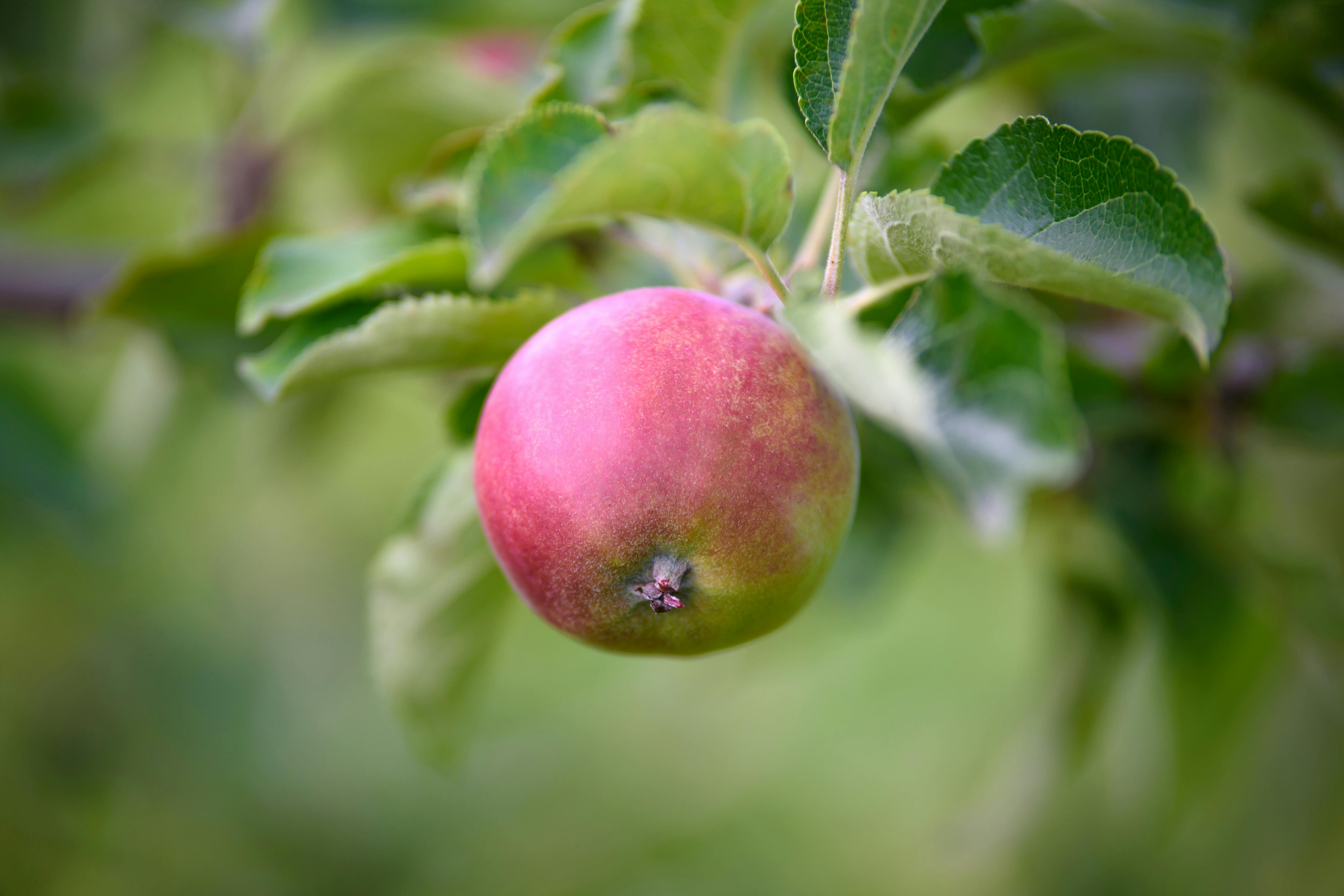
Smart Guide to PCOS Diet Plan: Optimize Your Health in 2025
Introduction to Understanding PCOS and Its Dietary Impact
Polycystic Ovary Syndrome (PCOS) is a common hormonal disorder affecting many women worldwide. It can result in symptoms like irregular menstrual cycles, weight gain, and infertility. As awareness around PCOS grows, understanding its dietary implications becomes vital for managing the condition. A well-structured PCOS diet can play a significant role in alleviating symptoms and promoting overall health.
Following an optimized diet plan for PCOS not only aids in weight management but also helps regulate insulin levels, which is crucial since many who suffer from PCOS face insulin resistance. This article will guide you through the best foods for PCOS, meal planning, and essential nutrition tips to help manage your symptoms effectively. Expect to discover PCOS-friendly recipes, meal prep tips, and insights into making healthier choices.
By the end of this article, you'll have a comprehensive understanding of how to navigate your dietary needs while dealing with PCOS. Let us dive into the essentials of a PCOS-friendly diet and lifestyle!
Essential Foods to Incorporate into Your PCOS Meal Plan
Now that we understand the connection between diet and PCOS, it’s important to identify the best foods for PCOS that can bolster your health and help in managing symptoms. Foods rich in nutrients can make a substantial difference in how you feel and how your body functions.
Incorporating Anti-Inflammatory Foods
Anti-inflammatory foods are central to a low glycemic index diet beneficial for women with PCOS. Foods such as salmon, leafy greens, turmeric, and ginger help combat inflammation, which is often prevalent in those suffering from PCOS. Adding these foods can support overall hormonal balance and improve metabolic function.
Experts recommend including omega-3 rich foods to your meals several times a week. For instance, consider grilling salmon for dinner or making a smoothie with spinach, avocado, and chia seeds for breakfast. Emphasizing these foods can significantly contribute to your dietary success in 2025.
Focusing on Protein-Rich Foods
Incorporating protein-rich foods is crucial for managing hunger and cravings. Protein helps stabilize blood sugar levels, particularly for those dealing with insulin resistance. Consider including lean meats, fish, eggs, legumes, and dairy in your meals.
Daily protein intake should be balanced throughout your meals to enhance feelings of fullness. For lunch, a quinoa salad topped with grilled chicken adds the necessary protein while also boosting fiber intake. Moreover, consider protein-rich snacks like Greek yogurt or a handful of almonds for mid-morning energy.
Understanding Low-GI Foods for Balanced Hormones
Low-GI (glycemic index) foods are beneficial for maintaining steady blood sugar levels in women with PCOS. Whole grains, legumes, and most fruits and vegetables fall under this category, making them excellent choices to incorporate into your diet.
When planning meals, opt for whole-grain versions of bread and pasta to keep your blood sugar levels stable. Foods such as brown rice, quinoa, and lentils can become staples in your meal prep. They also add variety and essential nutrients that can support your weight loss journey with PCOS.
Practical Tips for Meal Planning and Preparation
Building on the knowledge of which foods to include, effective meal planning and preparation are vital for nutritional success. Let’s explore how to streamline your cooking processes, making healthy eating a realistic goal.
Creating a PCOS-Friendly Meal Prep Routine
Establishing a meal prep routine can simplify the dietary choices you need to make throughout the week. Allocate a designated time each week to plan, shop, and prepare your meals. Creating a food journal for PCOS can also help track what works for you and what doesn’t.
Consider batch cooking grains like quinoa or brown rice at the beginning of the week. You can use these as bases for various meals. Preparing snacks such as sliced veggies and hummus or pre-made salads can ensure healthy options are always on hand. Consistency is key, and planning sets the stage for success.
Portion Control Strategies for Weight Management
Portion control is another essential aspect of managing your diet effectively. Eating smaller, balanced portions helps reduce calorie intake and can aid in weight loss with PCOS. Use measuring tools at home or smaller plates to manage portion sizes.
In addition, learning to listen to your body’s hunger signals can help you adjust your intake as per your actual needs. When dining out, you could ask for half-portions or take half of your meal home for later. Understanding how to balance your plate can assist in maintaining a healthy lifestyle with PCOS.
Hydration Tips: The Importance of Water Intake
Staying hydrated is often overlooked in dietary plans; however, it’s incredibly crucial for overall health, especially in managing PCOS symptoms. Drinking adequate water can help improve metabolism, support digestion, and even aid in weight loss efforts.
A good rule of thumb is to drink at least 64 ounces (about 2 liters) of water daily. Infusing your water with herbs or fruits can add flavor and variety. Green tea is another beneficial option, providing antioxidants that can support hormonal balance.
Understanding Foods to Avoid and Dietary Supplements
With these fundamental strategies in place, it’s equally important to understand which foods to avoid in your diet plan for PCOS. Recognizing trigger foods can help alleviate symptoms and improve overall health.
Identifying Foods to Avoid With PCOS
Processed foods, sugary snacks, and high-GI carbohydrates can exacerbate PCOS symptoms and should be minimized in your diet. Foods high in sugar can lead to increased insulin levels, creating an unhealthy cycle.
Instead of these, try to incorporate whole foods into your diet. Consider making healthier swaps, such as choosing brown rice over white rice or dark chocolate over milk chocolate. This not only satisfies cravings but also nourishes your body.
The Role of Dietary Supplements for PCOS Health
In addition to whole foods, specific dietary supplements can also aid in managing PCOS symptoms. Nutritional deficiencies related to PCOS management could benefit from vitamins D, B12, and omega-3 fatty acids. Consulting with a healthcare provider to establish which supplements are suitable can be beneficial.
Evidence suggests that inositol may help improve insulin sensitivity, so it’s worth discussing this option with a healthcare professional as part of a holistic approach to PCOS management.
Q&A: Managing PCOS Through Diet
1. What are the key components of a PCOS diet?
A balanced PCOS diet includes high-fiber and low-GI foods, lean protein, healthy fats, and plenty of fruits and vegetables while avoiding processed foods and sugars.
2. How can I maintain portion control when eating out?
To manage portion sizes, consider sharing meals, choosing appetizer portions, or requesting take-home containers before starting your meal.
3. Are there specific dietary supplements recommended for PCOS?
Common supplements include vitamin D, inositol, and omega-3 fatty acids, but it’s best to consult a healthcare professional for personalized advice.
4. How can I manage cravings while following a PCOS-friendly diet?
Managing cravings involves incorporating healthy snacks and ensuring meals are well-balanced with proteins, fats, and carbohydrates to reduce hunger spikes.
5. Is hydration important for managing PCOS?
Yes, staying hydrated is crucial as it aids in digestion, can help in weight loss, and supports overall metabolic health. Aim for at least 64 ounces of water daily.

